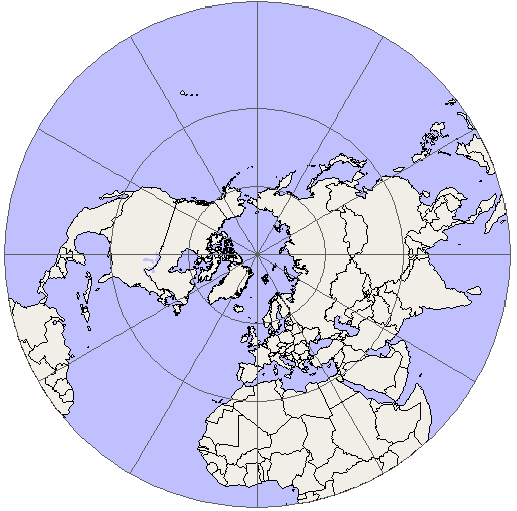http://www.startribune.com/world-s-biggest-shipping-firm-to-test-russian-arctic-route/491526941/
The Eastern Passage, that part of the Arctic Basin which hugs the Siberian Coast, is now considered navigable, at least for part of the year. This will reduce the length and expense of many current ocean trade routes substantially.
Global warming has opened this new maritime trade corridor, and it only promises to get better for shipping interests as the ice melts away. Eventually, the Arctic Ocean may become ice-free year-round. The Russians, of course, are responding by increasing maritime infrastructure such as military bases, ports, maintenance and rescue facilities, and a fleet of powerful icebreakers to help keep the routes open longer and longer into the ice season as the ice melts away. This will also have the added benefit of opening these far northern Arctic Ocean ports to easy cargo traffic. Container ships just don’t carry cargoes from A to B, they also stop along the way dropping off and picking up goods, enhancing the economic development of what were heretofore inaccessible resource-rich regions.
The Northwest Passage, along the Canadian Archipelago on the other side of the Basin is also showing the effects of global warming, but not as fast. It will remain seasonally ice-bound long after the Russian Littoral is established.
Current sea trade routes such as the Pacific-Indian Ocean-Suez route, as well as the Panama Canal route, will lose business. New economic powerhouses, such as Brazil, India and Indonesia will find themselves isolated and remote from the rest of the world. Rising economies in Africa, South America and Australia will become the back of beyond. Look at a globe, from over the North Pole. Without the ice cap, the Northern Hemisphere World Island, (most of the planet’s land mass), surrounds the Arctic Ocean and control and accessibility to that body of water will determine the world’s new economic and political axis.
And in a warming planet, the N Polar regions may very well become new centers for mineral and timber resources, agriculture, industry, settlement and trade. Even if we can adapt to rising seas and climate change, we’re going to be living in a whole new world.
https://d1ftgt94wd5jml.cloudfront.net/2010/proj_ups.png
